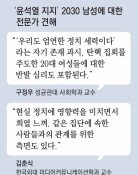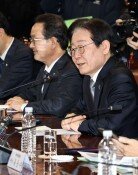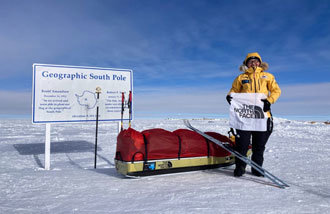Born Without a Father
A Korea and Japan collaboration succeeded in creating the first fatherless mouse with only the operation of the ovum, without the help from the male sperm.
This new discovery has overturned the existing scientific theory that mammals cannot undergo parthenogenesis.
The U.K. scientific journal Nature has reported the discovery as its top article on April 22 under the title, Would it be possible for humans? Other media also reported that the possibility of implementing this new technique to human beings will lead to another controversy of bioethics.
The study was started by three Japanese professors, including Tomohiro Kono of Tokyo University of Agriculture. Later two Koreans, researcher of Microzen Park Eun-sung and Professor Suh Jung-sun of Seoul National University, joined in the research.
The process by which a female`s egg is triggered to grow without fertilization is called parthenogenesis. It was believed that ants, bees, and some other insects and fish may procreate through this procedure, but not mammals.
However, researchers noted that when immature, sperms and ovum are genetically similar. By operating with the mouses ovum, they formed the ovum to become more like sperm. Then researchers transplanted the operated ovum to another mouses ovum, stimulated the mouse with chemical substance to cause cell division.
After conducing 460 experiments, the researchers finally succeeded in breeding 10 mice.
However, currently, only one has made it. This fatherless mouse is now 15 months old and has given birth to twelve babies.
Professor Suh said, The Korean research team has proven that the mouse is not genetically different from a normally-born mouse through our own DNA chip.
Professor Kono said, The next time, it will be pigs, and added that it would be impossible to implement this technique to humans, however.
Hun-Joo Cho hanscho@donga.com wolfkim@donga.com






